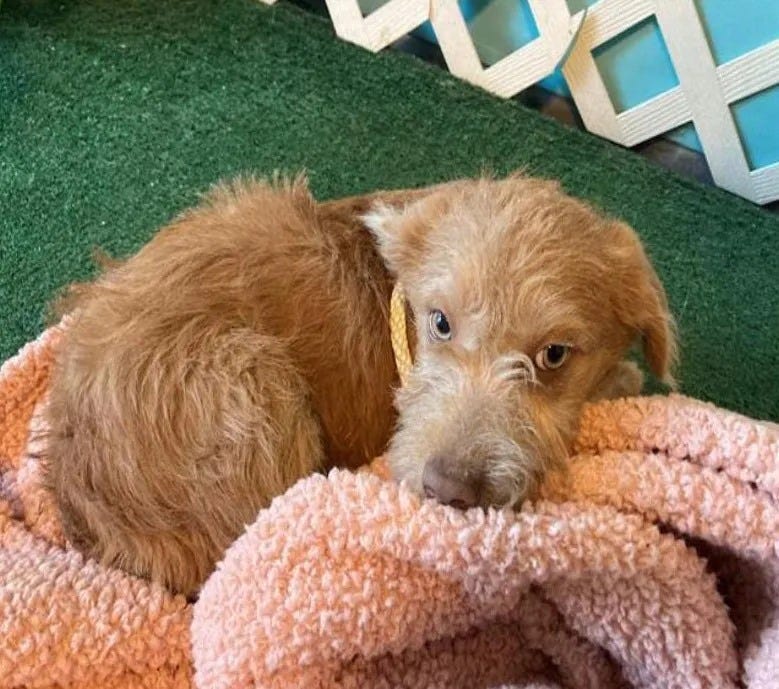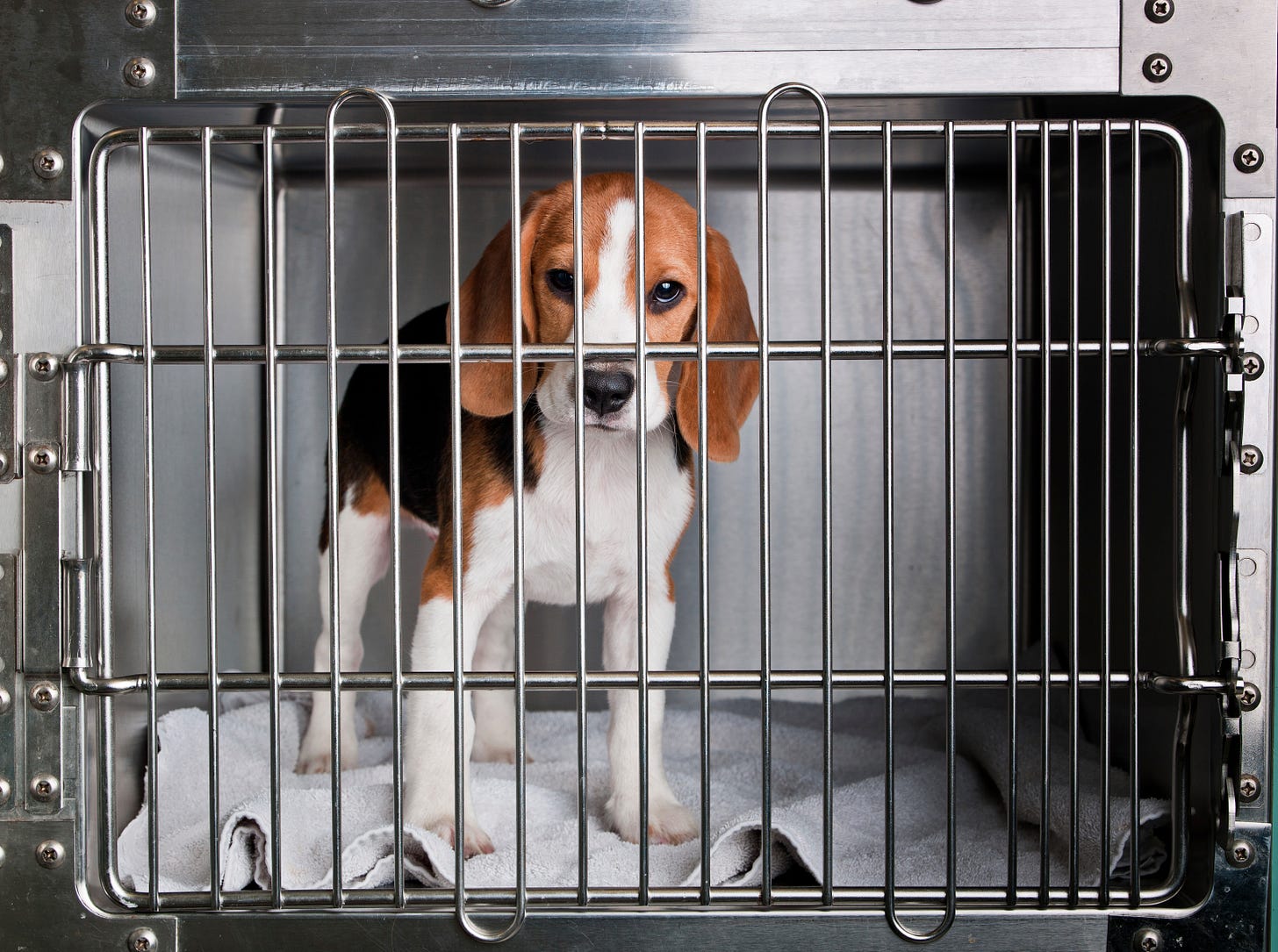Best Friends betrays "shelter" animals on death row... again
News and headlines for April 2 - 7, 2023

These are some of the stories making headlines in animal protection:
The former head veterinarian of the Harris County, TX, pound and several volunteers are accusing the agency of animal abuse:
Almost every animal that leaves the shelter does so in a worse condition than when they arrived — animals sitting on vet evaluation for nine to 10 days, starving to death in their kennels, not receiving appropriate medicine or diagnostics, and being euthanized without public knowledge.
They called on County Commissioners to remove the “shelter” from Health Department oversight, arguing that animals would be better cared for and the shelter as a whole “would be better off as a stand-alone department, separate from Harris County Public Health.”
They have a point. Typically, “shelters” placed under the auspices of other departments tend to “adopt” the mission of those parent departments, often to the great detriment of animals. For example:
Agencies placed under the rubric of police departments tend to focus primarily, if not exclusively, on “public safety.” Animals are erroneously seen as a “public safety” threat that they must eliminate.
Agencies placed under the rubric of health departments tend to focus primarily, if not exclusively, on “public health.” Animals are erroneously seen as a “public health” threat that they must eradicate.
Some agencies are placed under the rubric of sanitation departments. The perception is that the city or county considers stray and lost animals to be akin to “trash” that needs to be “picked up” and thrown “away.”
Establishing shelters as standalone departments is not a quick fix, but it does demonstrate the importance a municipality places on animal protection. Regardless of how it is organized, however, municipal shelters must shift their focus toward animal care and away from competing orientations to improve service delivery, meet public expectations, and, most importantly, protect the lives and interests of animals.
Despite the agency’s long history of abuse, the Harris County Health Department issued a denial of animal mistreatment that no one believes or is expected to believe, but that allows commissioners to do nothing.
The pet product and service industry, including shelters, pounds, pet food companies, veterinarians, boarding facilities, and others, are not shy about exploiting what they call “the deep bond humans develop with their pets” when people write checks to them.
And yet when they harm or kill animals, the industries that benefit most from the public’s love and concern for animals turn around and fight efforts to fairly compensate victims and their families when it is their turn to put their money where their mouths are. Instead, they encourage courts to rely on 19th-century case law that held animals were worthless property.
As long as courts shield these companies, they have little incentive to provide better care or safer products. And given the profound relationships between people and their companion animals, our legal system should recognize their importance. When others entrusted to care for our animal companions fail to do so, courts should compensate people in a manner that adequately reflects the depth of their suffering or loss.
To make that happen, The No Kill Advocacy Center released the Pets Have Value Act — model legislation to compensate families for harm to their animals and to incentivize reform at shelters, veterinarian offices, pet food companies, and other pet-related businesses.
The No Kill Advocacy Center also has a guide to getting it introduced. And their attorneys stand ready to help.
Pennsylvania lawmakers are considering three animal protection bills to stop abusive breeders, protect animals in research laboratories, and strengthen animal cruelty laws.
The first bill would require research laboratories and breeders who sell animals for research “to offer dogs and cats that are no longer needed for adoption, prohibit breeders and kennels who have ‘certain serious or numerous citations’ of the Animal Welfare Act from selling dogs and cats, and establish third-degree misdemeanor penalties.”
The second bill “would amend the commonwealth’s Dog Law with similar provisions, prohibiting animal sales from breeders and kennels who have violated state or federal animal protection laws.”
The third bill amends “the state’s Cruelty to Animals statute, to include whistleblower protection to employees who report violations of state and federal animal welfare laws” in research labs and elsewhere.
Delaware lawmakers are considering legislation that would require courts,






